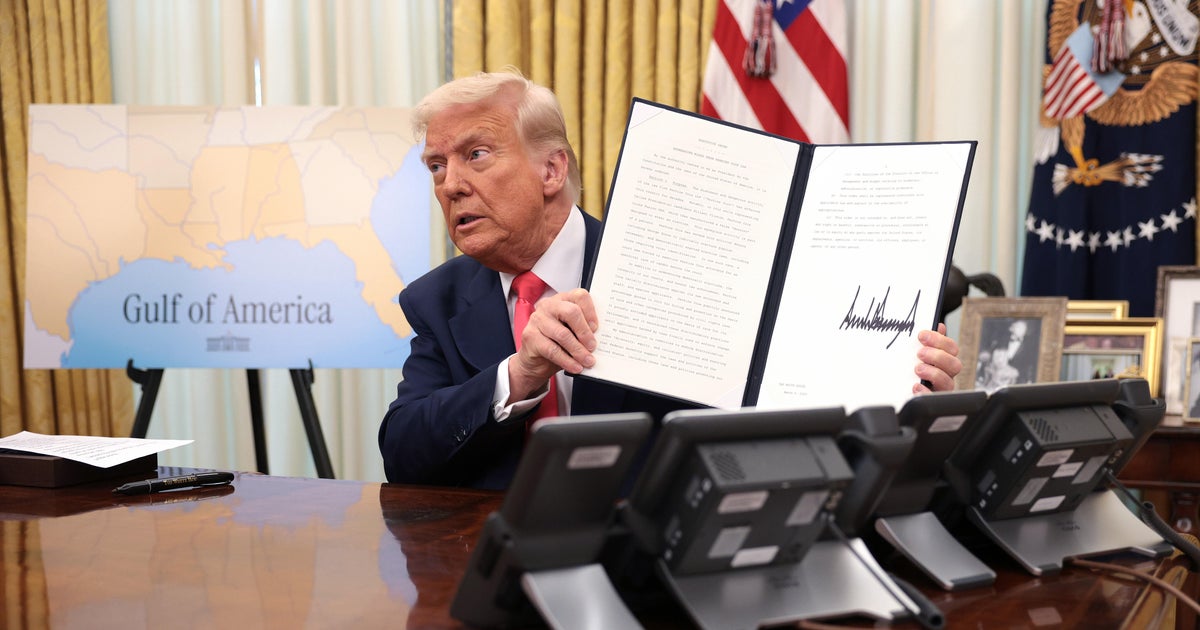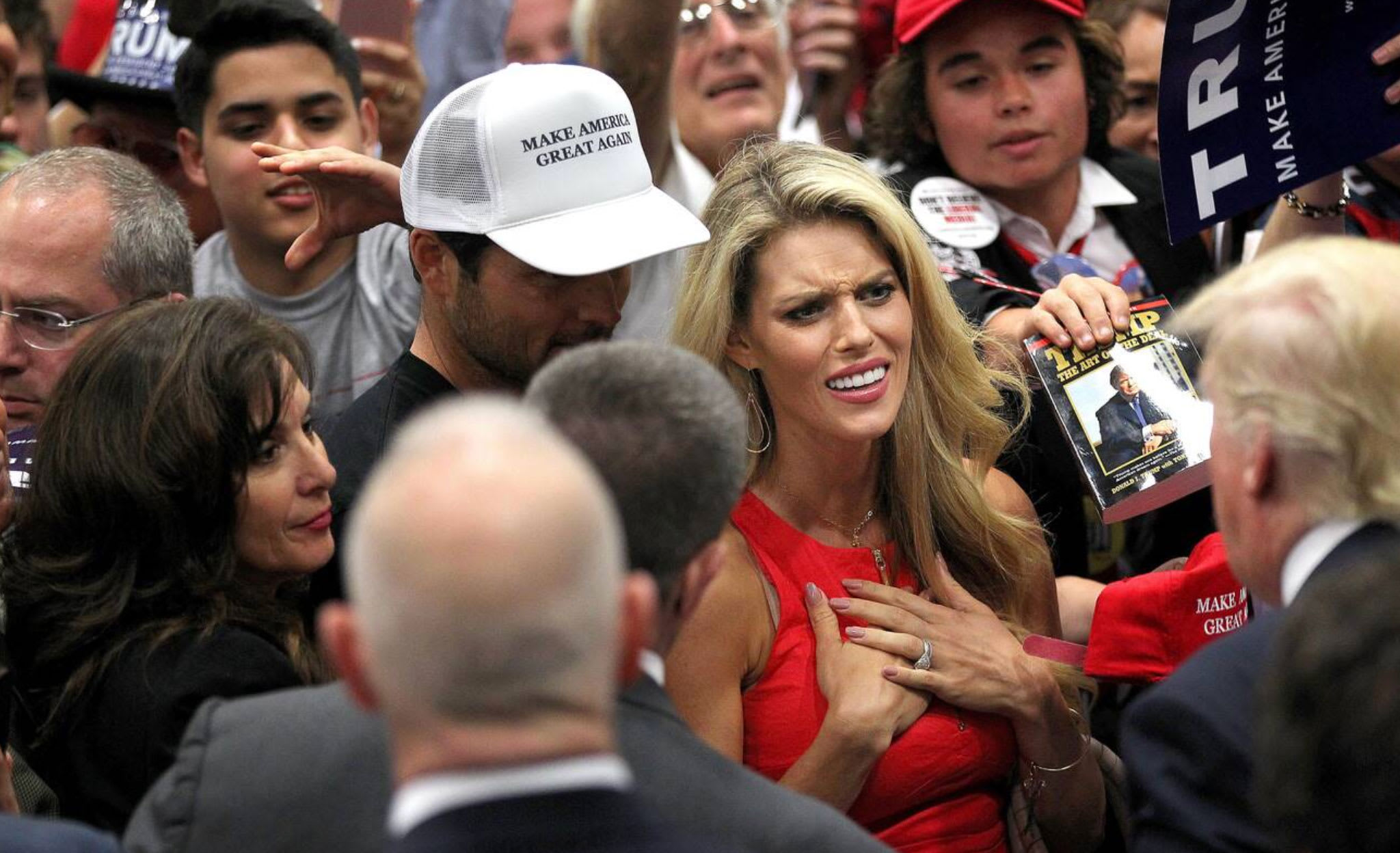HHS rule lets health care workers refuse care that violates religious beliefs
The Department of Health and Human Services (HHS) issued a finalized "Conscience Rule" protecting health care professionals who refuse to provide care that violates their religious beliefs, such as performing abortions.
"The final rule fulfills President Trump's promise to promote and protect the fundamental and unalienable rights of conscience and religious liberty, a promise he made when he signed an executive order in May 2017 protecting religious liberty," HHS said in a statement announcing the finalized rule, which expands existing protections.
In 2017, Mr. Trump signed executive orders to "defend freedom of religion and speech in America." One of the directives gave the IRS discretion in enforcing the Johnson Amendment, which prohibits nonprofits such as churches and charities from "directly or indirectly" engaging in a political campaign.
Critics of the "Conscience Rule" argue it could limit medical access for women seeking abortions, as doctors who oppose to the practice on religious grounds could refuse a woman care. There are concerns about health care professionals discriminating against LGBT individuals, in violation of medical ethics. The rule will also help protect individuals who object to administering certain vaccines.
The American Medical Association called on HHS to withdraw the proposed conscience rule in April 2018, saying the rule "would function as a shield for people asserting objections on religious or moral grounds and could permit them to withhold care from already vulnerable groups."
Roger Severino, the director of HHS' Office for Civil Rights, said Thursday that "laws prohibiting government funded discrimination against conscience and religious freedom will be enforced like every other civil rights law."
"This rule ensures that healthcare entities and professionals won't be bullied out of the health care field because they decline to participate in actions that violate their conscience, including the taking of human life. Protecting conscience and religious freedom not only fosters greater diversity in healthcare, it's the law," Severino continued.
On Thursday, the president held the National Day of Prayer service, where he declared that "people are so proud to be using that beautiful word, 'God,' and they're using the word God again and they're not hiding from it."



